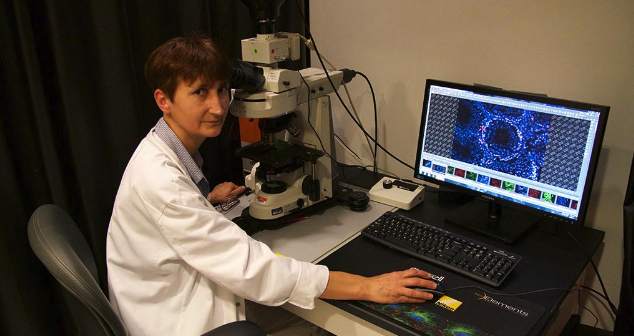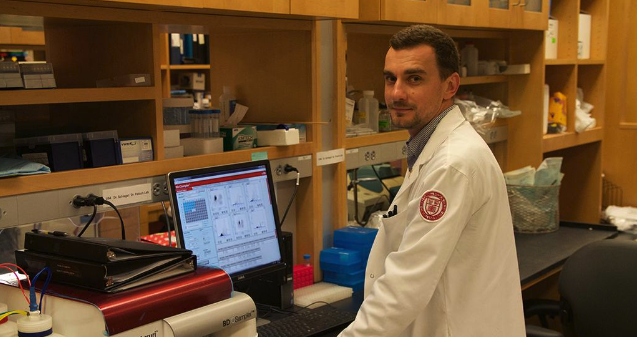The male infertility genetics laboratory has been both nationally and internationally recognized for providing exceptional clinical diagnostic services related to male infertility as well as conducting innovative basic and translational science research.
Our NIH funded laboratory has received generous support from private foundations and donors. Their significant contributions allow us to better understand male infertility, reproductive medicine and other urologic conditions.
Our research focuses on:
Male infertility is common and affects up to 3% of men in the general population. Sperm is produced in the testes from spermatogonial stem cells (SSCs), the "grandfather of sperm." Self-renewal of SSCs and commitment toward further divisions is regulated by complex interactions between germ cells and Sertoli cells.
There are different types of male infertility:
It is believed that most forms of male infertility are yet to be known because of various genetic defects. Our laboratory is on the forefront of identifying such genetic reasons for male infertility, hoping that better understanding the biology of male infertility will allow us to further develop new diagnostic and therapeutic options for men with this condition.
The lab is supported by two outstanding senior research associates: Anna Mielnik, M.Sc. and Alexander Bolyakov M.C.Sc.

